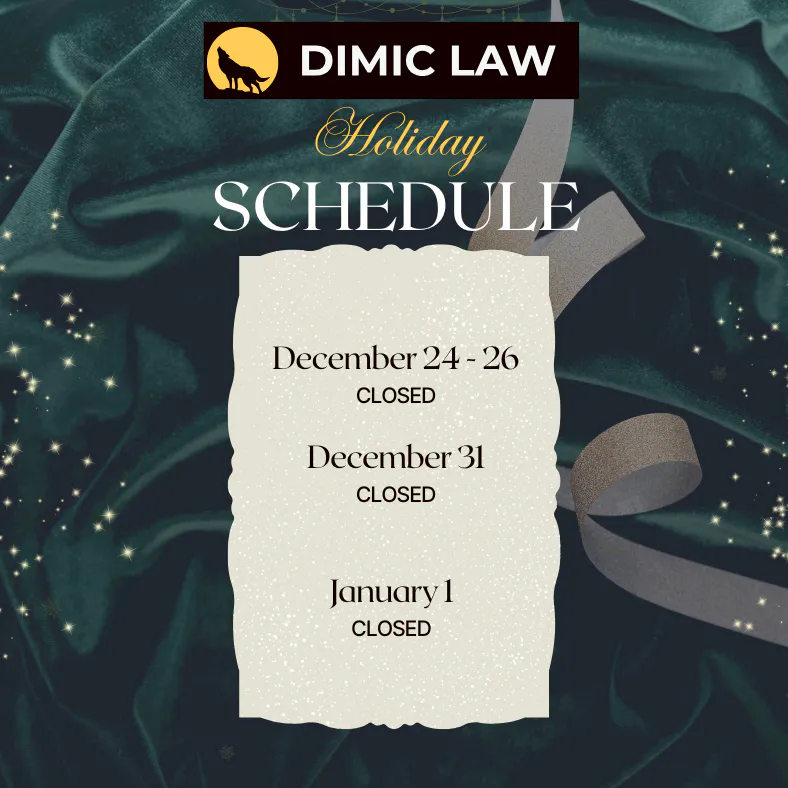
Guardianship and Trusteeship
Being proactive about one’s lives affairs is usually a good thing. Life altering events can occur in a second, and it is important to be prepared for the inevitable. However, sometimes, these events can occur, before we anticipate them to, and the proper mechanisms may not be in place to deal with our assets and various types of decision making.
Let us PROTECT you and your loved ones from these types of situations. Our dedicated team will assist you in making various applications for orders of guardianship and trusteeship in order to graciously assist your loved ones in making the right decisions and ease the dramatic changes that have occurred in their lives.
THE LAW
In Alberta, the Adult Guardianship and Trusteeship Act (the “AGTA”), provides an option for care and supervision of a person through guardianship provisions and administering an estate of an adult who, because of disability, is unable to look after their own personal or financial affairs.
An application needs to be made for an order of guardianship and trusteeship for an individual who has lost capacity, but was unable to get the proper documentation in order (Personal Directive and Power of Attorney ) before the loss of capacity happened.
Guardianship
Guardianship represents the furthest point in the decision-making continuum. The court appoints a guardian when it is satisfied that an adult does not have capacity to make a decision on a personal matter. In this case, all aspects of capacity may be lacking, as defined under section 1(d) of the AGTA, in particular:
- Being unable to understand the information relevant to the decision; and
- Being unable to reasonably appreciable the foreseeable consequences of a decision or failure to make a decision
There can be two or more guardians appointed with separate areas of authority or joint authority.
Trusteeship
Adults who are unable to make financial decisions are vulnerable. Trusteeship in Alberta is governed by Division 4 of part 2 of the AGTA. Threshold for an order is governed by section 46(5), and certain criteria must be met before a trustee can be appointed, particularly:
- An adult must be unable to make reasonable judgements regarding his or her financial matters;
- Less intrusive or less restrictive means must have been tried or at least considered and would not adequately protect the adult; and
- The Court must be satisfied that it is in the adult’s best interest
The Court may appoint the Public Trustee, if no one else is suitable or willing to act and the Public Trustee has been served and consents, a trust corporation that consents to act, and any interested adult who meets the threshold of the Court.
DIMIC LAW is here to PROTECT WHAT MATTERS MOST.
Legal Problem? Better Call Dimic

